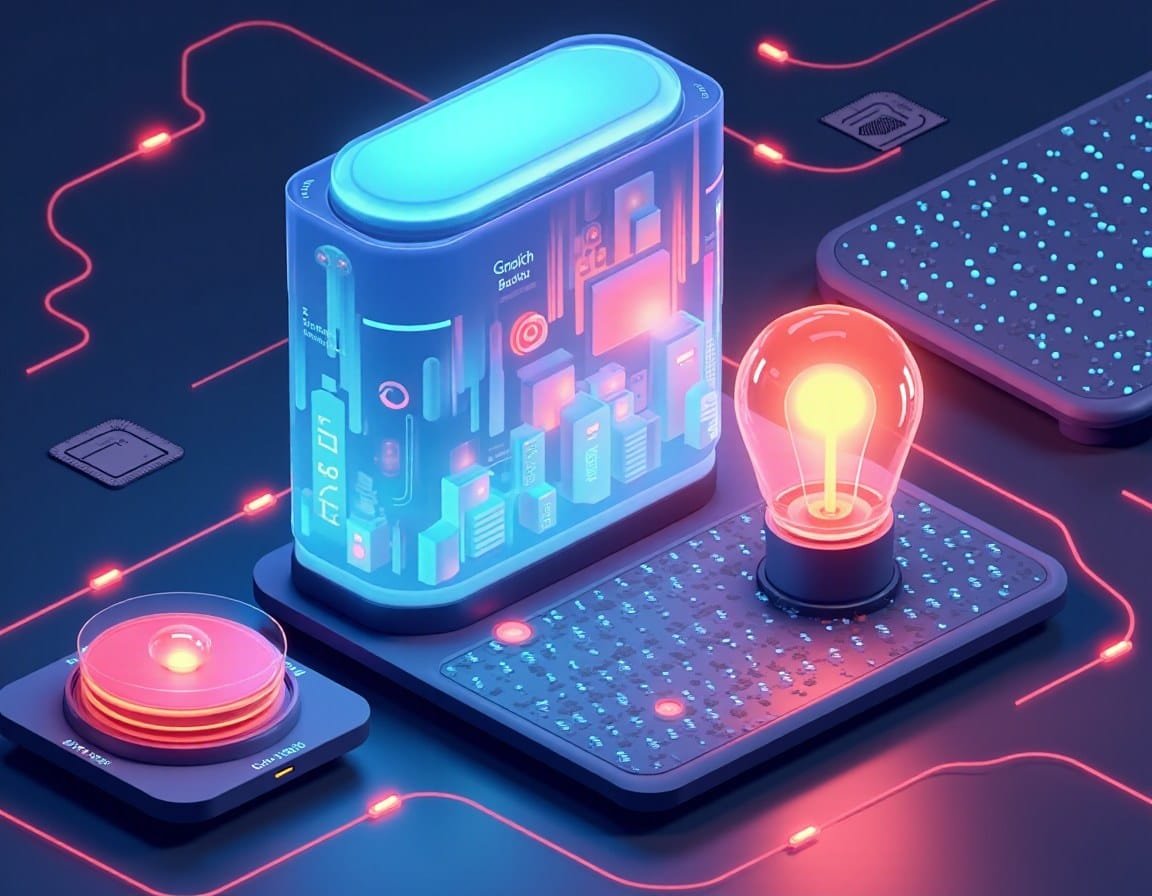“`html
Are We on the Cusp of a Sleep Revolution: How Smart Sleep Technology is Redefining Our Relationship with Rest? As we navigate the digital age, it’s no secret that technology has become an integral part of our daily lives. But what if I told you that smart sleep technology solutions are poised to revolutionize not just how we live but also how we rest? With the rise of wearable devices and AI-powered sleep trackers, smart sleep technology is transforming the way we approach sleep, making it easier than ever to achieve better rest and wake up feeling refreshed. In this article, we’ll delve into the world of smart sleep technology solutions for better rest, exploring the latest trends, innovations, and expert insights that are redefining our relationship with sleep.
What is Smart Sleep Technology?
Smart Sleep Technology refers to the use of advanced devices and applications designed to improve sleep quality through monitoring, analysis, and personalized recommendations. These technologies often incorporate AI, IoT, and data analytics to provide insights into sleep patterns and suggest improvements.
The Evolution of Sleep Technology
Over the years, sleep technology has evolved from simple alarm clocks to sophisticated systems that integrate with our daily lives. The journey began with basic sleep aids and has now reached a point where Intelligent Rest Technology can predict and enhance our sleep cycles.

Top 10 Revolutionary Technologies Transforming Your Rest
- Wearable Sleep Trackers: Devices like Fitbit and Oura Ring monitor sleep stages and provide detailed reports.
- Smart Mattresses: Brands like Sleep Number offer mattresses that adjust firmness based on your sleep position.
- AI-Powered Sleep Apps: Applications such as Sleep Cycle use AI to analyze sleep patterns and offer personalized tips.
- White Noise Machines: Devices that produce soothing sounds to help you fall asleep faster.
- Smart Pillows: Pillows that track sleep quality and adjust to improve comfort.
- Light Therapy Devices: Gadgets that simulate natural light to regulate sleep-wake cycles.
- Temperature-Controlled Bedding: Products like ChiliPad help maintain optimal sleep temperatures.
- Sleep Robots: Devices like Somnox that mimic breathing patterns to aid relaxation.
- Smart Home Integration: Systems that sync with home devices to create a conducive sleep environment.
- Virtual Reality Sleep Aids: VR experiences designed to promote relaxation and better sleep.
How Does Smart Sleep Technology Work?
At its core, Advanced Slumber Solutions utilize sensors and algorithms to collect data on sleep patterns. This data is then analyzed to provide insights and recommendations tailored to individual needs. For instance, a smart mattress might adjust its firmness based on detected pressure points, while a sleep app could suggest bedtime routines based on past sleep quality.
Benefits of Smart Sleep Technology
The integration of High-Tech Sleep Systems into our lives offers numerous benefits:
- Improved Sleep Quality: By understanding sleep patterns, users can make informed decisions to enhance rest.
- Personalized Recommendations: Tailored advice helps address specific sleep issues.
- Health Monitoring: Continuous tracking can alert users to potential health concerns.
- Convenience: Seamless integration with daily routines makes it easier to maintain healthy sleep habits.
Challenges and Considerations
Despite the advantages, there are challenges associated with Smart Sleep Technology. Privacy concerns arise from the continuous data collection, and the effectiveness of some devices can vary. Additionally, the cost of these technologies may be prohibitive for some users.
Case Studies: Success Stories in Smart Sleep Technology
Several companies have successfully implemented Intelligent Rest Technology to improve user experiences. For example, Sleep Number’s 360 Smart Bed has received praise for its ability to automatically adjust firmness and provide sleep insights, leading to improved sleep quality for many users.
Comparing Smart Sleep Technologies
| Technology | Features | Price Range |
|---|---|---|
| Wearable Sleep Trackers | Monitors sleep stages, heart rate | $100 – $300 |
| Smart Mattresses | Adjustable firmness, sleep tracking | $1,000 – $5,000 |
| AI-Powered Sleep Apps | Sleep analysis, personalized tips | Free – $50/year |
Future Trends in Smart Sleep Technology
The future of Smart Sleep Technology looks promising, with advancements in AI and machine learning paving the way for even more personalized solutions. Emerging trends include the integration of mental health monitoring and the use of virtual reality to enhance relaxation techniques.
Conclusion
As we continue to embrace technology in all aspects of life, Smart Sleep Technology offers a unique opportunity to improve our well-being. By leveraging advanced tools and insights, we can transform our sleep habits and enhance our overall quality of life. For those interested in exploring these technologies further, the journey promises to be both exciting and rewarding.
Additional Resources
For more insights and updates on Smart Sleep Technology, follow and subscribe to our resources at Wellness Tech Spot and Sleep Technology.
“`




